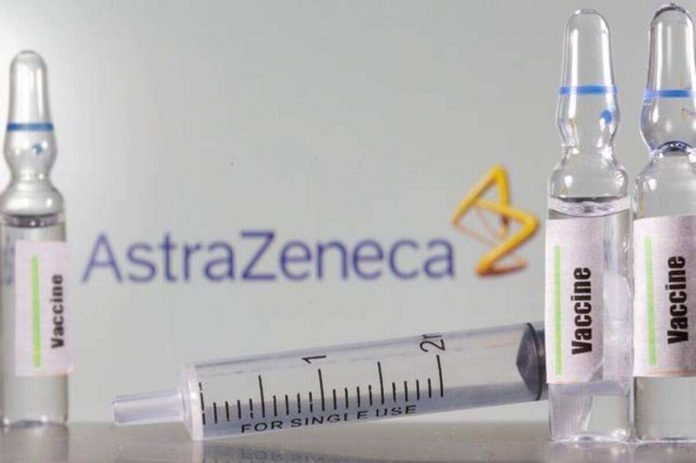
The risk of blood clots from the covishield vaccine in India is very low, the scientist said- New Delhi According to eminent scientist Gagandeep Kang, if assessed at the European level on the AstraZeneca vaccine, then India should have only 320 cases of blood clots due to taking the Kovishield vaccine. He described it as a very low risk, saying there is no need to panic. Professor Kang at Christian Medical College, Vellore, said that according to the European Medicine Agency (EMA), the European level assessment suggests the risk of blood clots from AstraZeneca vaccine is a One in a million cases and one case has been reported by the British regulator at 250,000.
AstraZeneca’s use of the Coronavirus vaccine has been stopped or limited due to the possibility of blood clots. Kong said in an interview to The Wire, “There are some cases of blood clots forming after taking the vaccine.” Can. There is a possibility of this. We need to know if there is a case of blood clotting due to a low platelet count. Kong said that the government should conduct an investigation and make the report public to look into the matter in a timely manner.
According to the virologist, the goal of assessing India from the European level, according to the target, is that there may be 3,000 cases of blood clots if the vaccine is given to 300 million people in the country. He said that eight crore doses of AstraZeneca have been given in India so far. In such a case 320 cases should come up.
The governments of Europe and other countries are giving different suggestions on the AstraZeneca vaccine.
A day after the European Union (EU) Drug Regulatory Authority feared an association between the AstraZeneca vaccine and blood clotting, Europeans and many other countries are offering several suggestions to give this vaccine to their citizens. Now, people over the age of 60 will be given the AstraZeneca vaccine. In Belgium, this age has been set at 55.
Officials in Britain say that the vaccine should not be given to people under 30 years of age. Meanwhile, Australia said on Thursday that people below the age of 50 should not be given this vaccine. Regulatory bodies in Britain and the European Union have emphasized that the benefits of getting vaccinated for most people outweigh its dangers. The EU’s agency says the vaccine can be given to all adults. But experts believe that confusing messages about the vaccine will reduce enthusiasm for its use at a time when infection cases are on the rise in Europe and other parts of the world.




































